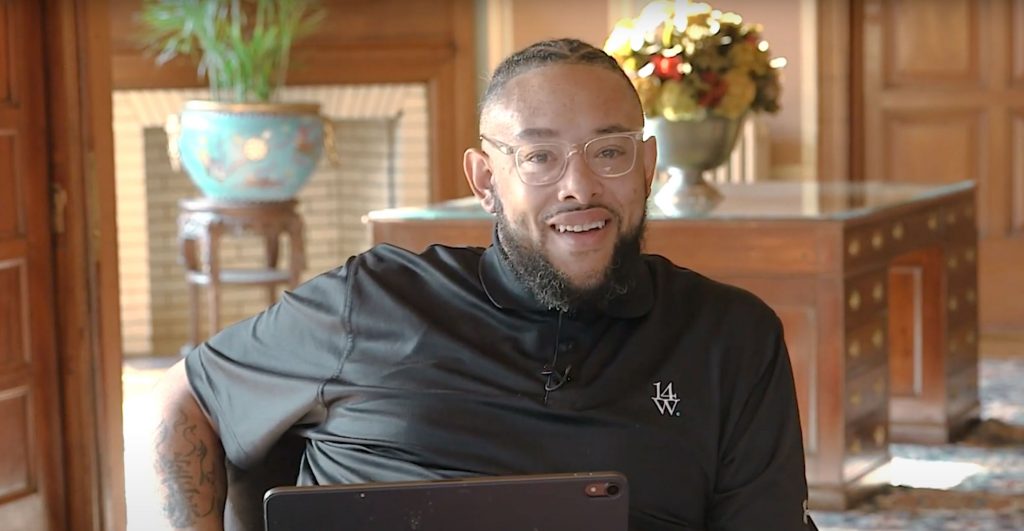Soup For Our Managerial Souls

Story Time…
A man and his son were once walking with their donkey to the market. As they were walking along its side, a countryman passed them and said, “You fools, what is a donkey for but to ride upon?”
So the man put the boy on the donkey and they went on their way. But soon they passed a group of men, one of whom said, “See that lazy youngster, he lets his father walk while he rides.”
So the man ordered his boy to get off, and got on himself. But they hadn’t gone far when they passed two women, one of whom said to the other, “Shame on that lazy lout to let his poor little son trudge along.”
Well, the man didn’t know what to do, but at last he took his boy up before him on the donkey. By this time they had come to the town, and the passers-by began to jeer and point at them. The Man stopped and asked what they were scoffing at. The men said, “Aren’t you ashamed of yourself for overloading that poor donkey of yours—you and your hulking son?”
The man and boy got off and tried to think about what to do. They thought …..and they thought, till at last they cut down a pole, tied the donkey’s feet to it, and raised the pole and the donkey to their shoulders.
While they were carrying the donkey over a bridge, amid everyone’s laughter, one of the animal’s feet got loose and he kicked the boy, who dropped his end of the pole. This caused the donkey to fall into the river and, having all feet (but one) tied up, it drowned helplessly.
“That’ll teach you” an old man said “please all and you’ll please none”.
Managing people effectively is probably the hardest part of being a manager. And sometimes it feels like you simply cannot win. Try a laissez-faire approach, and you are likely to receive complaints about your lack of direction. Choose a more hands-on leadership style, and you are likely to hear from people that they feel smothered or micro-managed.
Should you just accept the fact that part of being a manager is being criticized no matter what?
Sure… that is one solution.
But by settling for that, you’d be doing yourself and your team a huge disservice.
By communicating with your team, you can diffuse so much of that criticism.
If you’re thinking, “I’m the manager – I don’t need to justify my decisions,”… that’s a problem.
But an easy one to fix. Just one step: Get Over Yourself.
This isn’t about justifying your decisions. This is about educating your employees.
This is an opportunity to better engage and motivate them, and in turn increase productivity, efficiency and quality. And by giving your team insight as to how decisions are made, they can understand and respect you on a deeper level. And perhaps most importantly, your company’s bottom line will mirror the results of your managerial effectiveness. Everyone wins.
Not buying it? A group I recently worked with applied this very simple tactic to their plans for digging out of a 1.2 million dollar deficit… and that deficit is no more. Of course, this is just one of many behavioral science lessons they learned in the process. So I hope you’ll stay tuned.








